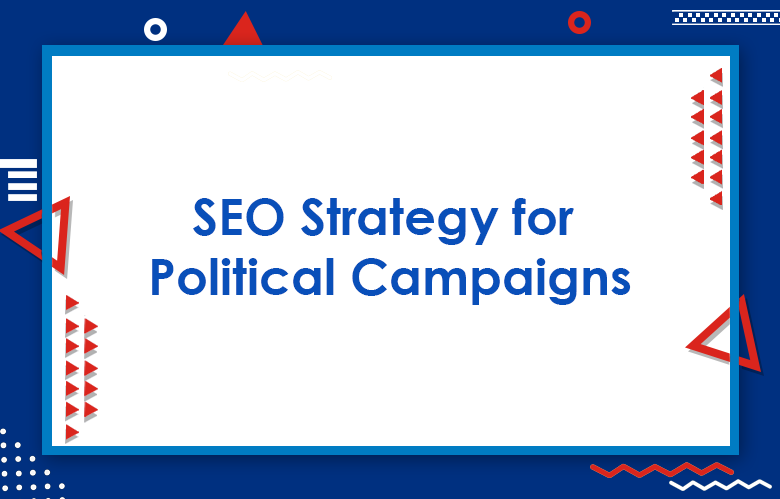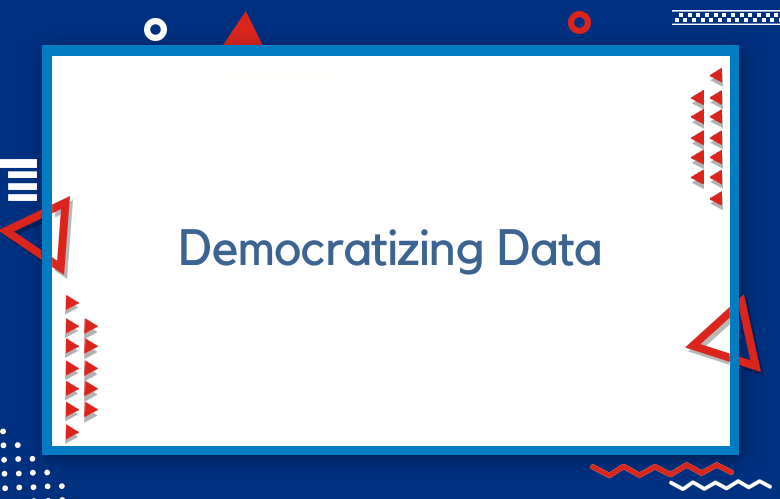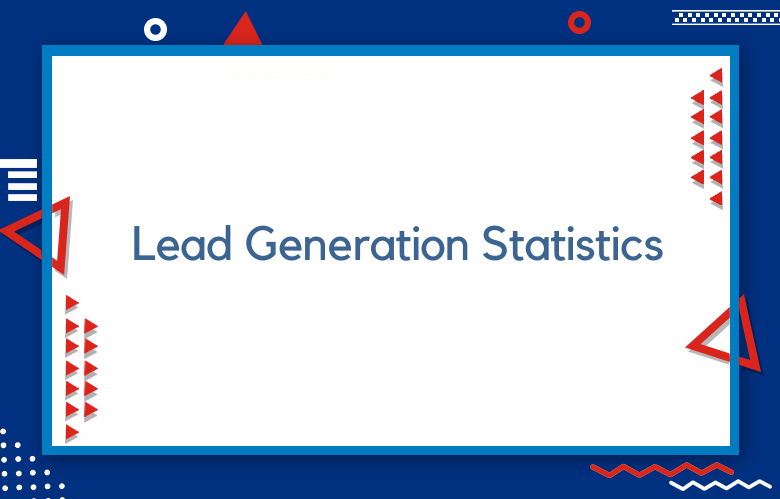SEO for Political Campaigns: How to Use Search Engine Optimization for your Election Campaign

SEO for Political Campaigns: Search Engine Optimization, or SEO, is the most prominent way to ‘tweak the system’ to display your articles, blogs, and social media content on page one of search results. There are other search engines, but we shall use Google to explain everything about this exciting and potent tool for political campaigns.
Planning SEO Strategy for Political Campaigns
It isn’t the first time campaigns have under-utilized SEO’s strengths and wide-ranging accessibilities.
- SEO is essentially an accessible means to gain broad exposure to varied voters, so why wouldn’t anyone use it
- Planning is crucial to doing SEO work in favor of a political candidate.
- Based on any official race’s core message, SEO practices need to be finetuned by keywords and content specificity.
- Aside from the apparent use of the candidate’s name and office type they’re running; pertinent political terms also need to be used within your SEO content.
- The Google Keyword Tool should be your go-to for all things Analysis. This tool allows you to check the search volume associated with a word or phrase, smoothing your planning phase.
- The tool also generates alternative keyword phrases as recommendations/suggestions.
If your particular political run is in its nascent stages, you may not always find the words you need through the Google Keyword Tool. If or when this is the case, use more extensive political campaigns as references.
Points to Use in Every SEO Strategy for Politicians
Quality content management software will help significantly in this regard. SEO enables you to stay in control of your public image and avoid having your legitimate content appear below some random bad-press material on search results pages.
The following are all the core factors to implement in your SEO for political campaigning purposes:
Blogging
You aim to enrich the Google Index with all the right keywords that its ‘spiders’ (programs) can use to list you on page one of search results.
This will require you to regularly update all blogs about your candidacy and run for office.
Your blogs and associated partners will inform voters about everything they need to know about your political message and motivate them to spread the word and support your run.
Social Media
No offense, but you would be a fool not to use social media (Facebook, Twitter, Instagram, YouTube, etc.) to spread your campaign message.
Social networks have proven to drive traffic and open you to a much wider audience, new and potential voters alike.
Social news portals should also be your focus because you can set up donation drives to help support and fund your candidacy/campaign.
News Section
During the electoral season, peak or otherwise, every voter will seek reliable news to keep them abreast of what’s happening in the race for this or that office.
Suppose your online portals can maintain a dedicated news section that is constantly updated and covers more than just news about your campaign. In that case, you will generate respect in addition to voter interest.
But most importantly, search engines will be inclined to grab hold of specific news points from this corner of your online campaign and list them prominently depending on what’s trending, i.e., being talked about.
Website
Remembering to start your website early in the race is critical. All the ideas shared here are designed to get you results over two months, not instantaneously.
Opening a campaign website early for your race and ensuring that you follow SEO rules thoroughly from the get-go will push you ahead of the SEO race.
You also allow Google to rank and index this site over time. Even if your site is immediately popular or receives several inbound links, it will still take Google at least a month to rank it. You know what they say about the early bird.
Title Bar
Blogs and websites allow you to work your keywords into the titles or main headings, one of which is prominently displayed at the top of the page. Make sure to add your candidate name and the race you are running.
This will make it convenient for voters to find and follow you and search engine programs. The right keywords will leave Google little choice but to drag and drop you on page one because your campaign (in general) will have become the trending topic during electoral season.
Unlocking the Power of SEO for Political Campaigns
Dominate the Digital Landscape: SEO Strategies for Political Campaigns
Winning the Hearts and Minds: SEO Tactics for Election Campaigns
In the high-stakes world of political campaigning, winning the hearts and minds of voters is paramount, and in today’s digital age, this battle increasingly unfolds on the vast expanse of the internet. Search Engine Optimization (SEO) has emerged as a critical tactic in this arena, offering a strategic edge to those who can skillfully navigate its intricacies. SEO for election campaigns transcends mere online visibility; it’s about ensuring that a candidate’s message, values, and policy proposals reach the electorate at the moments that matter most.
The cornerstone of SEO lies in understanding and leveraging the algorithms that power search engines. This ensures that your campaign’s content rises to the top when voters seek information on political issues, candidates, or upcoming elections. This digital battleground demands a multifaceted approach, combining technical website optimizations, keyword strategy, and quality content creation to engage and inform the electorate.
Moreover, SEO tactics for election campaigns must be deeply rooted in understanding the electorate’s concerns and queries, tailoring content to address these topics in a way that resonates with voters’ values and expectations. This involves optimizing for traditional search engines and considering the broader ecosystem of platforms where voters seek information, including social media and news outlets.
The Power of Links and Backlinks in SEO for Online Political Campaigns
Suppose you have wholesome social media accounts. None of them will matter to search engines if they do not contain backlinks.
- Your social profiles need links that take people to your main website or other legitimate online platforms where you may have more to share with potential voters, funders, and campaign supporters.
- Any new content on one platform should reflect on your social media accounts, preferably through backlinks.
- Recommended online socials for this purpose: LinkedIn, Twitter, Facebook, Instagram, YouTube
- Regional and local sites can also be persuaded to carry links to your online hotspots. Your campaign staff can also contact state and county blogs.
- Negotiation points will undoubtedly include that you ‘scratch their back’ too, meaning your site carries their links in exchange for them doing the same.
- The cross-traffic potential of such link trading is exceptional and not to be underestimated.
Conclusion
Get all your ducks in a row regarding SEO for political campaigns. Online press releases, cross-link pages on your official websites and blogs, and carefully crafted content centering around your core political message and campaign promise all serve as optimized web content that will help Google find and list you, reflecting the importance of your race to the office. All your online campaign content should reflect importance, and you do so with quality SEO optimization.
Call: +91 9848321284
Email: [email protected]



